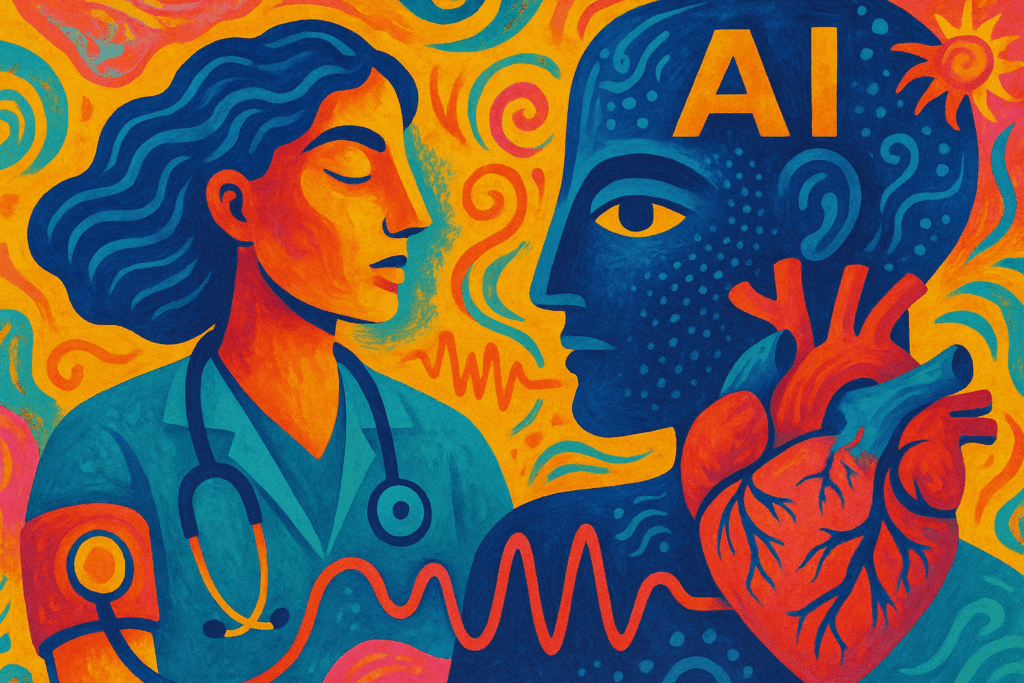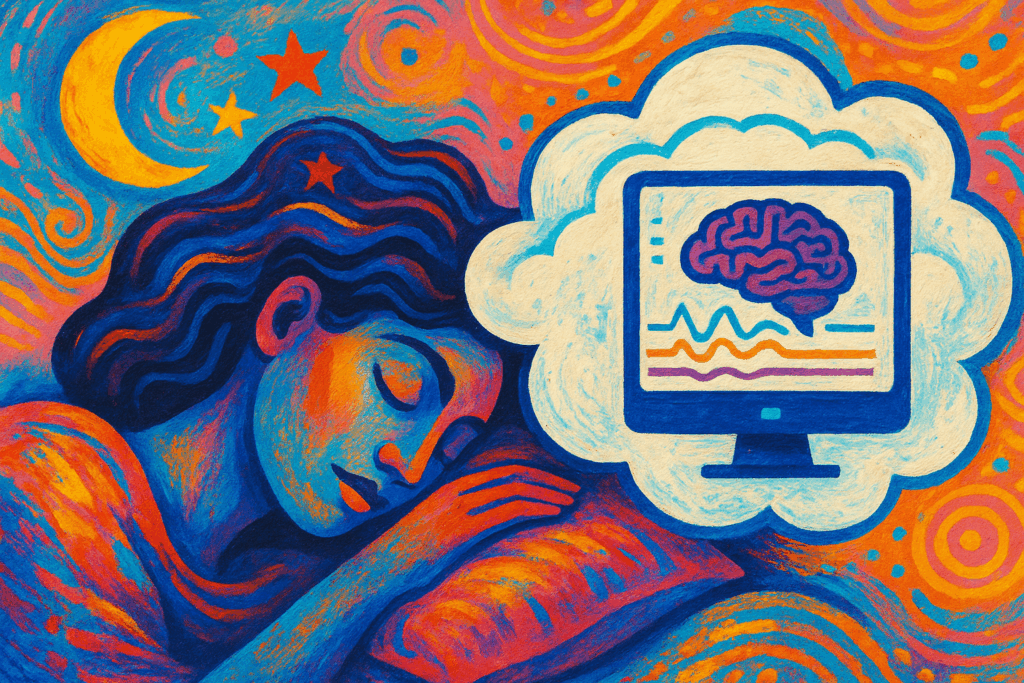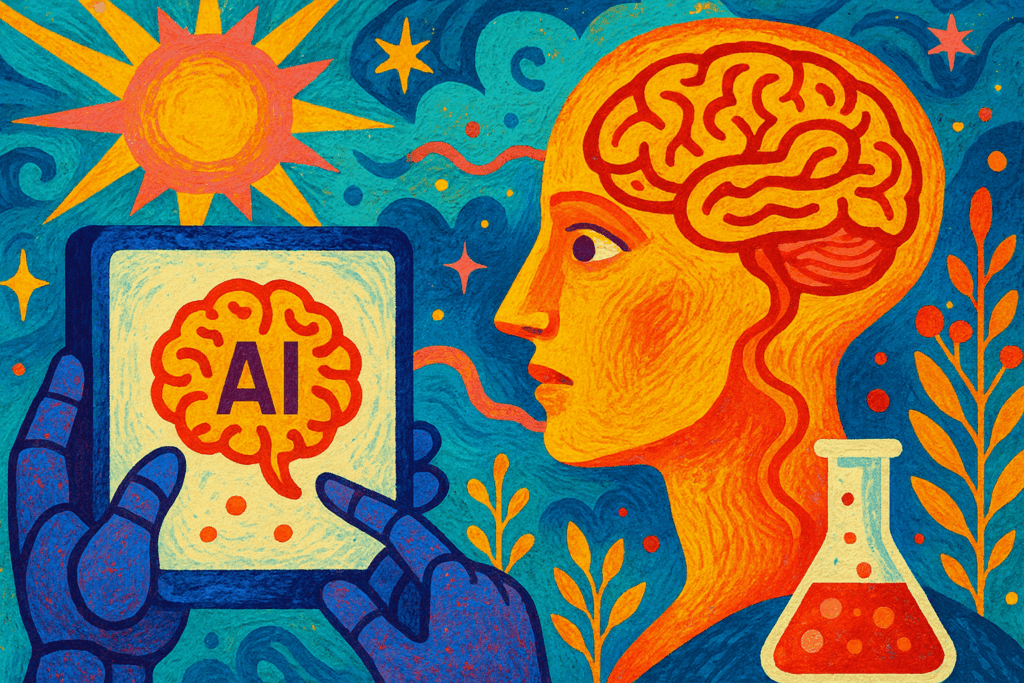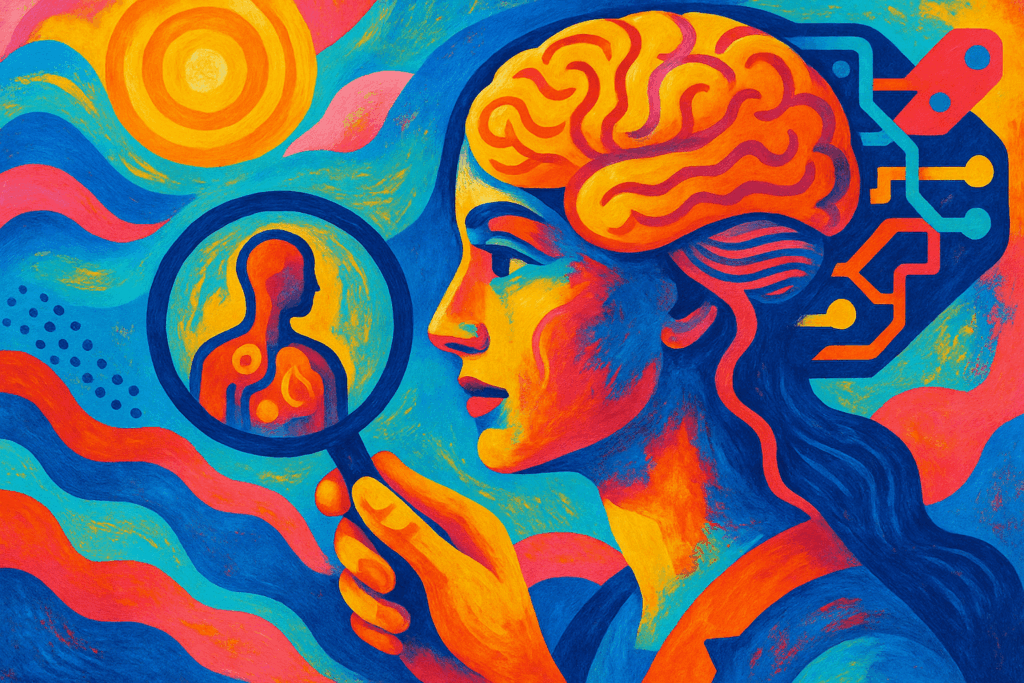AI Powers Clinical Insights
Artificial Intelligence is redefining diagnostics by integrating with clinical tools and emerging technologies to deliver faster, more precise outcomes. AI-enabled devices such as smart stethoscopes help detect heart conditions earlier, while wearable biosensors allow continuous real-time monitoring of vital signs. This convergence improves decision-making by providing clinicians timely, actionable data that supports personalized treatment strategies.
Connected Care Expands Health Reach
Remote Patient Monitoring and IoT-enabled medical devices extend healthcare beyond traditional environments. These technologies generate continuous health data streams that support chronic disease management, reducing hospital visits and improving patient engagement. For example, the Veterans Affairs’ remote monitoring network demonstrates how connected care solutions can operate at scale, delivering care to patients in diverse settings and boosting overall health system efficiency.
Towards Inclusive Digital Health
To realize the full potential of AI diagnostics and connected care, challenges such as interoperability with electronic health records, equitable access, and digital literacy must be addressed. Disparities persist between urban and rural areas, with gaps in technology infrastructure and affordability limiting adoption. Overcoming these barriers requires coordinated efforts among AI developers, healthcare providers, and policymakers to integrate these tools into seamless care pathways accessible to all populations.
The Road Ahead for Health AI
The future of healthcare is shifting toward prevention and continuous care models supported by AI and connected technologies. Sustainable integration depends on reliable internet connectivity, affordable devices, and comprehensive training for users across the healthcare ecosystem. As these factors align, AI diagnostics and connected care will become foundational elements in delivering effective, patient-centered healthcare at scale.




